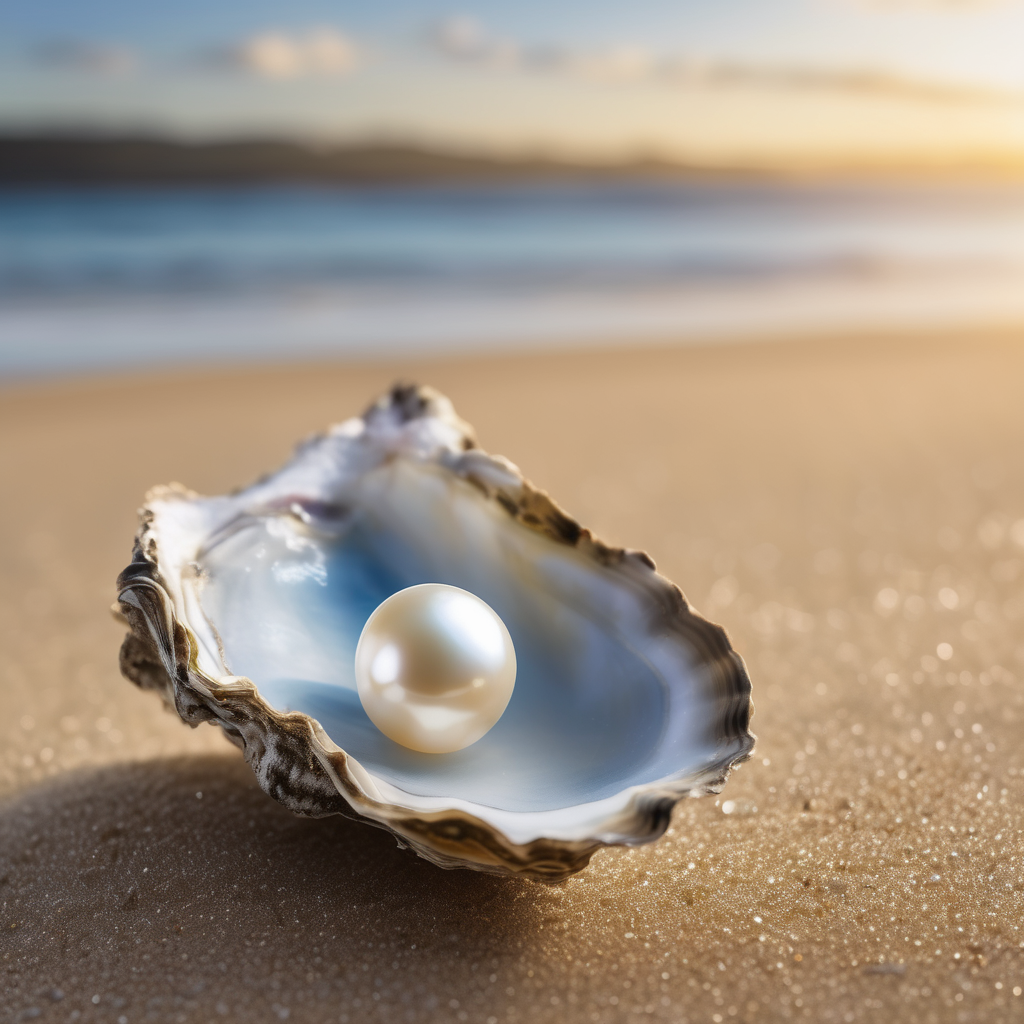Fiji is making significant progress in reducing its dependency on imported luxury pearls by cultivating its own mabe pearl aquaculture industry. Currently, Fiji imports about $8 million worth of luxury pearls annually, but this developing local sector offers promising prospects for transforming coastal communities with new economic opportunities. Alitia Bainivalu, the Minister of Fisheries, emphasized how this initiative is empowering, particularly for women and youth, mentioning that ten community-based farms already produce high-quality pearls, marketed as luxury jewelry within Fiji.
These community farms typically manage operations with 200 to 300 pearl oyster shells, generating between $8,000 and $10,000 per cycle. Beyond economic benefits, the program seeks to provide communities with access to premium markets to maximize their profits. It also underscores the importance of environmental conservation, nurturing traditional skills, and enhancing community resilience. Partnerships with local retailers, such as Jacks of Fiji, have been instrumental in establishing these pearls as a recognized luxury brand in the Fijian market.
These initiatives are in line with Fiji’s broader strategic goals to bolster the local production of pearls. A collaboration with Civa Pearl Fiji and retailers like Jack’s of Fiji has expanded distribution networks, highlighting the need for more local producers. Fiji stands poised to leverage its distinct colored pearls, capitalizing on opportunities in the global luxury market and attracting the tourism sector.
The advancements in the mabe pearl industry not only showcase the economic potential but also strengthen traditional craftsmanship and community empowerment. By continuing to invest in sustainable aquaculture practices, Fiji aims to boost economic resilience for its coastal communities and preserve cultural heritage, offering hope for a flourishing and diversified economy.
